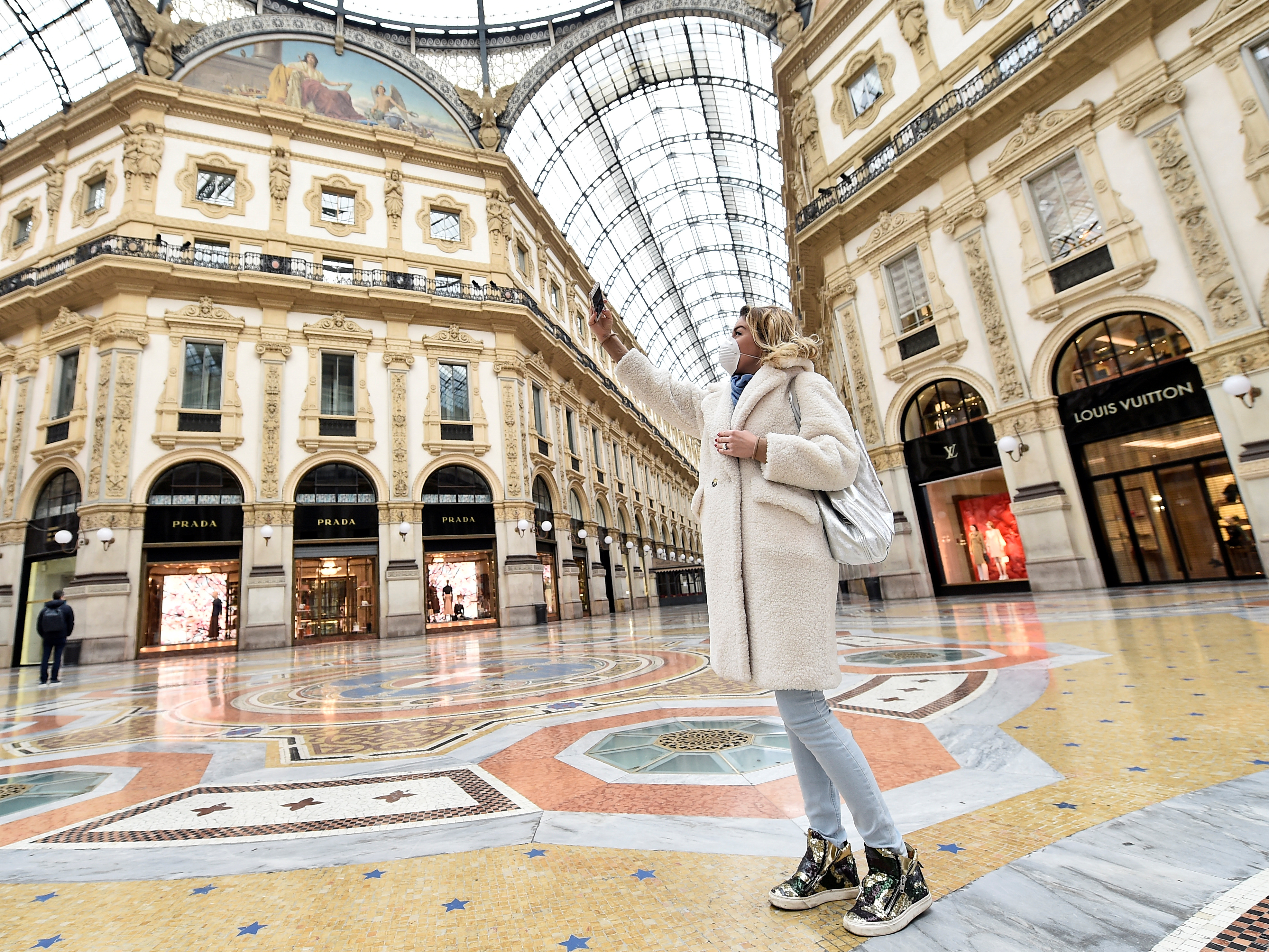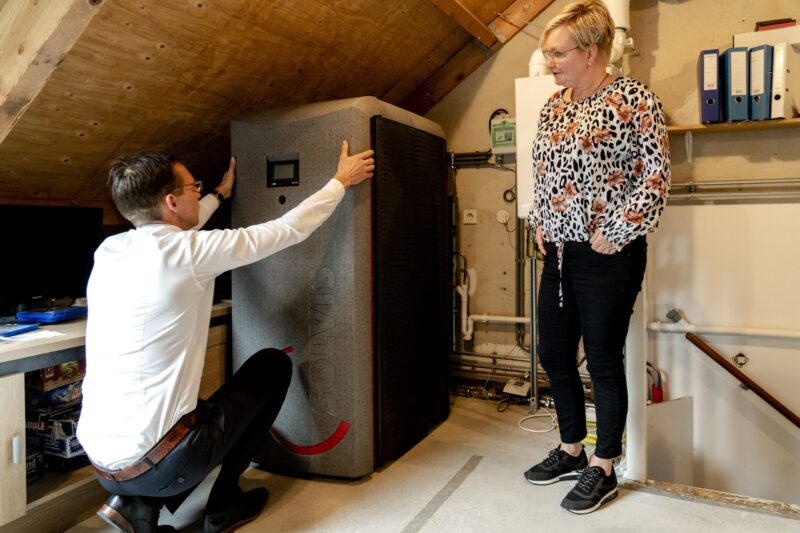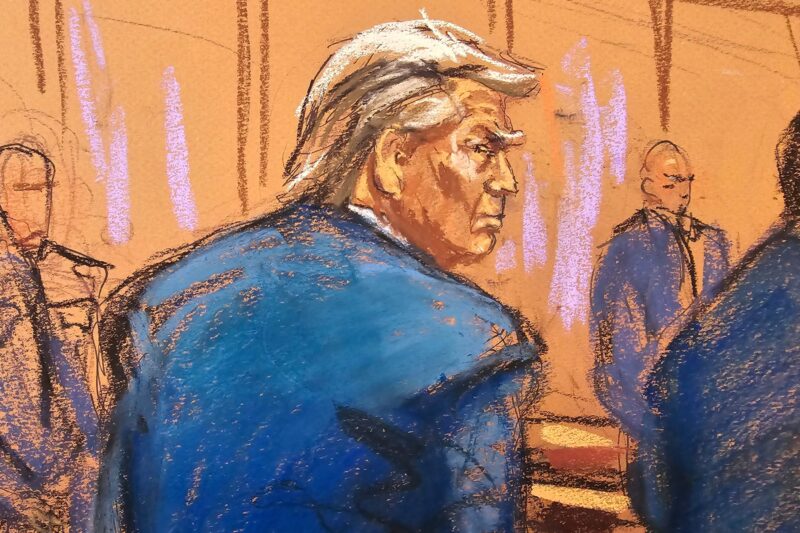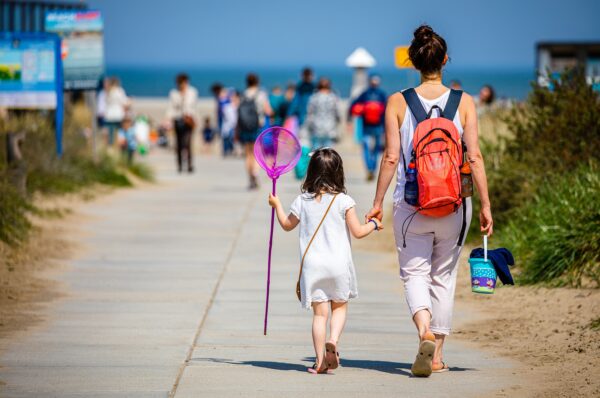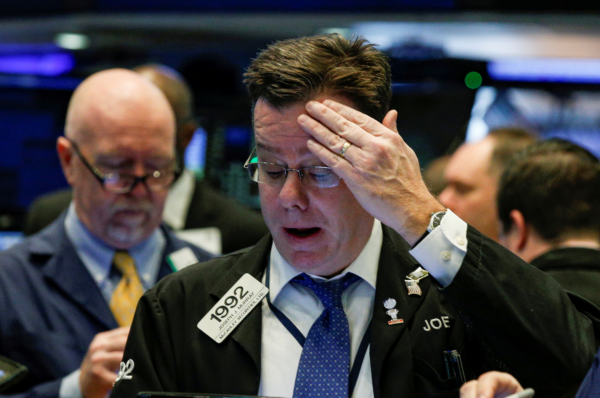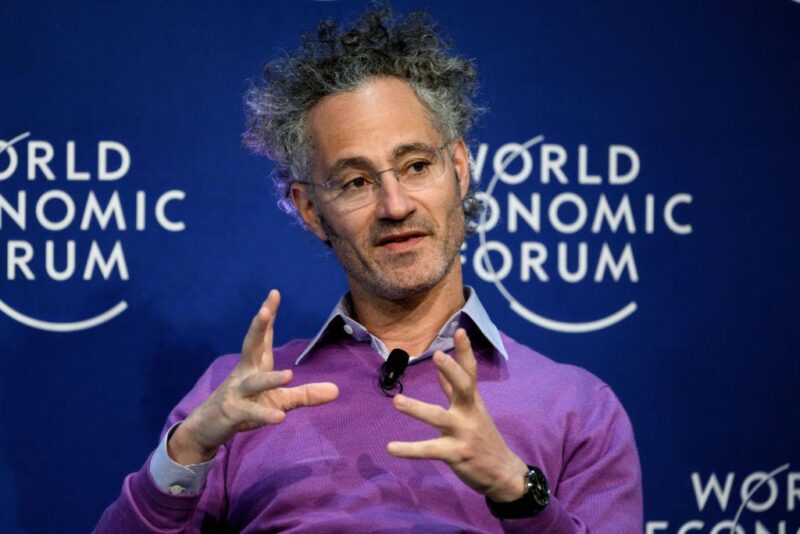- The coronavirus has caused a health scare throughout the world and become a worry for the global stock market.
- On February 3, when Chinese stocks opened for the first time in over a week, the Shenzhen Component Index fell nearly 8%, and the Shanghai Composite Index fell nearly 8.5%.
- Luxury stocks were hit hard by the outbreak. From January 17 to March 11, the MSCI Europe Textiles, Apparel & Luxury Goods Index fell 23%, seeing $152 billion in market value erased.
- On March 11, the World Health Organization declared COVID-19 a pandemic. To date, the virus has caused over 5,000 reported deaths and infected over 136,000 people worldwide, Business Insider previously reported.
- Visit Business Insider’s homepage for more stories.
Luxury brands are seeing the impact of the coronavirus outbreak, and it’s looking ugly.
Chinese customers accounted for about one-third of all luxury-goods purchases in 2018 and led the positive growth trend worldwide, according to a report by the consulting firm Bain & Co.
China’s State Council extended the Lunar New Year to end on February 3 to keep businesses closed for longer because of the outbreak. When stocks reopened on February 3, the Shanghai Composite Index fell 7.7%, and the Shenzhen Component Index fell nearly 8.5%. It was the worst day for Chinese stocks since its Black Monday in August 2015. Nearly $445 billion in market value was wiped out.
Luxury retailers, in particular, reported mass store closings and millions in revenue shortfalls as a result of the disruption. Almost $54 billion in market value was wiped out for retailers in the MSCI Europe Textiles, Apparel & Luxury Goods Index from market close on January 17 until the close on January 31.
From January 17 to March 11, the MSCI Europe Textiles, Apparel & Luxury Goods fell 23%, with $152 billion in market value erased.
Capri Holdings, which owns brands such as Versace, Jimmy Choo, and Michael Kors, said on February 5 that it expected "the situation in China" to cut full-year revenue by about $100 million. At the time, Capri closed 150 of its stores in mainland China, with the remaining 75 operating with reduced hours.
Meanwhile, Kering, the luxury conglomerate that owns brands such as Gucci and Alexander McQueen, closed half its stores in China and halted new advertising campaigns in the region.
Today, the retail situation in China has improved, with Business Insider previously reporting that more than 80% of shopping malls and supermarkets have reopened in Beijing, Shanghai, and Guangzhou. But now luxury has a new worry - Italy.
Italy is on lockdown, and it's impacting the luxury fashion sector
On Monday, Italian Prime Minister Giuseppe Conte announced that the entire country would be put on lockdown, as the number of coronavirus cases continues to rise. Italian factories are now worried about both the production and selling of their goods, domestically and internationally.
On Wednesday, March 11, the World Health Organization officially declared COVID-19 a pandemic. As of Friday morning, Italy has reported 15,113 COVID-19 cases, 1,016 deaths, and 1,258 recoveries from the virus.
International retailers depend on Italy for the manufacturing of leather goods, textiles, and accessories. The headquarters of Prada, Gucci, and Armani are all located in Milan. A number of luxury brands have consequently canceled or postponed fashion shows, as many editors who attended Milan Fashion Week in February are now required to self-quarantine. On March 11, Condé Nast reported its first suspected case of COVID-19, just over a week after Paris Fashion Week ended.
On March 12, after President Donald Trump announced the United States would be banning flights from 26 countries in Europe, stock markets across the world tanked, with Wall Street seeing its worst day since its Black Monday crash in 1987. As reported by Business of Fashion on Thursday, Capri Holdings fell nearly 24%, while Phillips-Van Heusen, which owns Calvin Klein and Tommy Hilfiger, was down 22%.
WWD also reported that in Europe, Salvatore Ferragamo fell 15.8%, Kering fell 12.3%, Moncler was down 11.4%, Burberry Group fell 9.7%, LVMH fell 8.7%, and Hermès International dropped 5.8%. WWD reported on Friday that LVMH CEO Bernard Arnault had lost a total of $7.7 billion over the course of the previous day.
The US stocks and European indexes rebounded early Friday morning, but uncertainty still lingers.
Experts are not exactly sure what the full impact of coronavirus on the luxury markets will be. Business Insider previously reported that multiple consulting firms, including Boston Consulting Group and Bernstein, predicted in February that the luxury sector could lose €30 to €40 billion in sales this year.
Burberry said the impact to its bottom line would be worse than that caused by the Hong Kong protests, which cut sales in half in its last fiscal quarter. Kering CEO Francois-Henri Pinault said on an earnings call on February 12 that it was "impossible" to determine what the impact will be or "how fast [Kering] will recover."
In an earnings call Tuesday, Salvatore Ferragamo said it was unable to predict what impact COVID-19 will have on its results, as it reported a 4% drop in its 2019 core profit.
